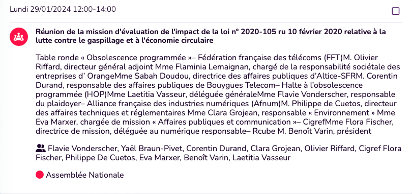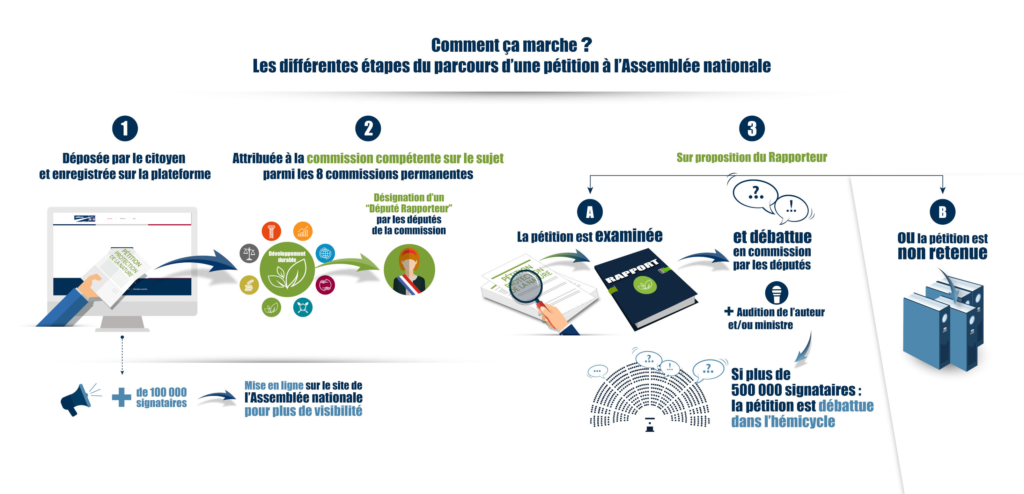Sommaire
How can public affairs monitoring be of interest to communications directors?
If there's one thing I've always been very surprised about, it's the lack of cooperation between communications and public affairs teams within large groups. This is also reflected in the fact that when we first launched Follaw, the public affairs directors had very little interest in the reputational components of their organisations. So I wanted to look at the use of the Follaw corpus, but from the point of view of a communications director. Is there a use for them? And if so, what? To do this, I took all the companies and CEOs in the SBF 120 and analysed the corpus that was returned to me. In the end, after analysis, I came up with a number of useful points:

Back to information
- Adding scopes that can make up the reputation of organisations : public affairs bodies are generally not covered by traditional monitoring software. However, bodies of work such as parliamentary questions and reports have a high profile and are components of reputation.
- Sector comparison: this is a good way of seeing how other organisations have their agendas, news and so on.
- Societal understanding: the panel approach to social media provides a better understanding of the society in which the organisation operates and enables it to better calibrate its knowledge of the sector and society in order to communicate more effectively.
Operational uses
- Identifying the right tempo and timing for communication. You can use agendas to see when a minister will be present or when he or she will be travelling, so you can calibrate your communication.
- Pre-empting subjects that could later be covered by journalists. Written questions and topical issues contain an enormous amount of material that could be reputational, because ministers look at them to answer them, and the media also cover them. So it's a body of work that clearly shouldn't be neglected.
In the final analysis, public affairs data can be of some use to communications departments, but we have to be honest in pointing out that thereputational interest remains low because the volumes are so small and the feedback (apart from parliamentary questions) can be neglected.
The interest remains essentially sectoral and societal in order to gain a better understanding of organisations' ecosystems. At the end of the day, there's nothing like a good collaboration between the communication and public affairs departments (when they're not the same person), as the corpus and subjects of one can help the other!
The appendices
The questions
Issues are clearly the most interesting of all for reputational components, especially when it comes to topical issues. The latter receive more media coverage, but above all, ministers are (normally) required to respond to them and therefore to examine the issue. The following types of quotation can be observed in the questions:
- State-owned companies are often cited by politicians because they have a duty to set an example.
- Sovereignty issues are very much at the heart of organisations
- Projects such as the example below, in which politicians reflect the issues of societal acceptability
- Redundancy plans in organisations
- Quotations from major players as an example of a problem expressed by a politician

Agenda
The agenda of committees and meetings is an interesting way of keeping up to date with competing organisations. In fact, it very often happens that senior executives are being heard on very specific issues. It's also a good way of keeping an eye on issues.


Press release
In the press releases issued by the ministries, there are several cases where an SBF 120 organisation is cited:
- Visit to a site belonging to an organisation (e.g. Airbus, where the Minister announced the France 2030 plan)
- Partnership between a ministry or public institution and an organisation ( example of a partnership between Ademe and FNAC Darty)
- Speech by a minister quoting an organisation (Example of ADP and Air France)

Minutes and reports
In the reports, you'll find simple quotes or references with little context or information.


Official Journal
No particular interests, as the only interesting things are already in the agenda.
Petitions
We just looked at the petitions published on the National Assembly. As a reminder, the principle is as follows:

We have found nothing of interest in this corpus.




